History, VISION & Mission
We prepare students to thrive throughout their entire lives.
Founded in 1838, Greensboro College provides undergraduate and graduate students a true liberal-arts education that prepares them to thrive not just in the classroom and in student life, but into their future careers and throughout their lives. Greensboro College provides a coeducational and independent learning atmosphere with approximately 1,000 undergraduate students from 29 states and territories, the District of Columbia and seven foreign countries. We have 45 full-time faculty who teach 42 majors and more than 1,000 different courses directly to our students. We pride ourselves on our one-on-one contact between faculty and students. We consider ourselves a leader in academic advising and leadership development programs.
In addition, our 18-sport NCAA Division III athletic program is nationally recognized and a member of the USA South Conference. Our affiliation with the United Methodist Church affords students the opportunity to stay grounded in their faith and to grow spiritually. When searching for the college that best fits you, think about what’s most important to your overall experience and what will help guide you to a successful and prosperous future. If intellectual, personal and spiritual development is important to you, then your search ends here at Greensboro College.
Greensboro College is a Yellow Ribbon school and is also designated as a Military Friendly School.
Our Vision
Greensboro College faculty, staff and students strive to think critically, act justly and live faithfully.
Our Mission
Mission Statement: Greensboro College, a liberal-arts institution grounded in Methodist tradition of inclusivity, encourages students to pursue a path toward their intellectual, personal, and spiritual goals in life, career, and community as leaders and advocates for a more just world.
Honor Code
All academic endeavors at Greensboro College are based on the expectation and assumption that each student will uphold the highest principles of honesty and fairness. This expectation and assumption finds expression in the Academic Honor Code, which every student is committed to uphold.
- Every student is honor-bound to refrain from cheating.
- Every student is honor-bound to refrain from plagiarizing.
- Every student is honor-bound to refrain from lying.
- Every student is honor-bound to refrain from misusing library, laboratory or computer equipment or materials.
- Every student is honor-bound to refrain from disruptive classroom behavior.
- Every student is honor-bound to comply strictly with all examination and testing procedures as may be prescribed by the College, the faculty or individual members of the faculty.
- Every student is honor-bound to report Academic Honor Code violations.
GC’s Equity Statement
At Greensboro College, we are committed to fostering a campus community where inclusive excellence is not only embraced but celebrated as an essential component of our collective success and well-being.
This commitment is reflected in our motto: “Think critically. Act justly. Live faithfully.” The college believes that diversity, in all its forms, enriches our community and enhances the educational experience for all.
Living Our Motto
We believe that by thinking critically about issues of equity, we can identify and challenge biases, prejudices, and injustices within our community and society at large.
Acting justly is central to our mission, as we strive to advocate for fairness, equality, and social justice in all aspects of campus life and beyond.
Living faithfully means upholding our values of inclusivity, empathy, and respect for all, and working towards a more equitable and harmonious world.
How Do We Do This?
- By creating a campus culture that values and respects the unique perspectives, backgrounds, and identities of every individual within our community.
- By providing equal opportunities for all students, faculty, and staff, regardless of race, ethnicity, gender, sexual orientation, religion, disability, or socioeconomic status.
- Through ongoing education, dialogue, and advocacy, we strive to dismantle systemic barriers and promote a more just and equitable society both within our campus and beyond.
- By recognizing the importance of fostering an inclusive environment where all members feel a sense of belonging, are empowered to contribute, and have their voices heard.
- By our commitment to inclusive excellence extends to our curriculum, policies, and practices, ensuring that they reflect and support the diverse perspectives and experiences of our community.
All of this supports our common mission to help students Graduate Ready For Anything.

